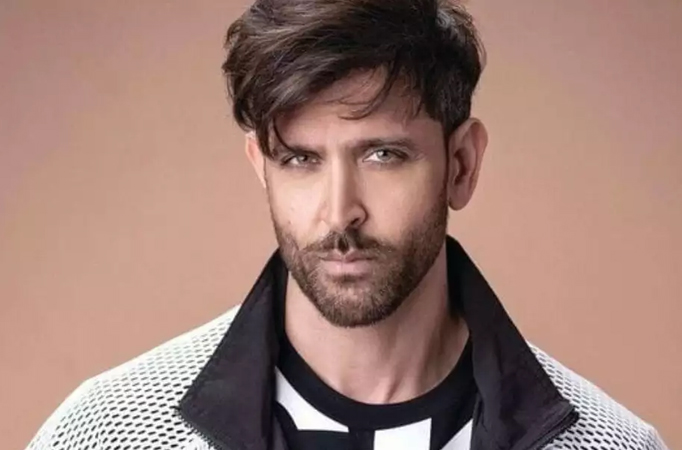In the pantheon of Indian cinema, one name stands out as a beacon of unparalleled talent, versatility, and charisma – Dilip Kumar. Often hailed as the “Tragedy King” of Bollywood, Dilip Kumar’s illustrious career spanned several decades, leaving an indelible mark on the world of Indian cinema. This blog delves into the life, career, and enduring legacy of the legendary actor.
Born as Muhammad Yusuf Khan on December 11, 1922, in Peshawar, British India (now Pakistan), Dilip Kumar’s journey to stardom was nothing short of extraordinary. Despite initial resistance from his family, he pursued his passion for acting and made his screen debut in the film “Jwar Bhata” (1944). However, it was his role in “Jugnu” (1947) that caught the audience’s attention and set the stage for his meteoric rise to fame.
Dilip Kumar’s acting prowess and emotive depth came to the fore in a series of iconic performances during the 1950s and 1960s. Films like “Andaz,” “Devdas,” “Naya Daur,” and “Mughal-e-Azam” showcased his ability to portray a wide spectrum of characters with nuance and sensitivity. His portrayal of tragic heroes, tormented lovers, and conflicted protagonists earned him critical acclaim and adoration from audiences across India.
One of Dilip Kumar’s most memorable collaborations was with filmmaker Bimal Roy, who recognized his potential as an actor and offered him roles that allowed him to showcase his talent to the fullest. Their partnership resulted in cinematic masterpieces like “Devdas” (1955) and “Madhumati” (1958), both of which received widespread acclaim and solidified Dilip Kumar’s reputation as the foremost actor of his generation.
Dilip Kumar’s ability to convey complex emotions with subtlety and depth set him apart from his contemporaries. His methodical approach to acting, coupled with his innate understanding of human psychology, enabled him to breathe life into every character he portrayed on screen. Whether portraying the angst-ridden Devdas or the noble Prince Salim in “Mughal-e-Azam,” Dilip Kumar left an indelible impression on the minds of audiences, transcending barriers of language and culture.
Beyond his unparalleled acting prowess, Dilip Kumar was known for his commitment to social causes and his philanthropic endeavors. He used his celebrity status to raise awareness about issues such as poverty, education, and communal harmony, advocating for positive social change through his influence and resources. His contributions to society earned him the respect and admiration of people from all walks of life.
Despite his monumental success, Dilip Kumar’s personal life was not devoid of challenges. His tumultuous relationship with actress Madhubala, often dubbed as one of Bollywood’s most iconic love stories, captured the imagination of millions but ultimately ended in heartbreak. However, Dilip Kumar’s resilience in the face of personal adversity only added to his mystique and cemented his status as a legendary figure in Indian cinema.
As the years passed, Dilip Kumar continued to grace the silver screen with memorable performances, albeit in fewer films. His last major role was in the film “Qila” (1998), where he once again showcased his acting prowess with aplomb. Despite retiring from acting, Dilip Kumar’s legacy remains etched in the hearts of cinephiles and aspiring actors, serving as a source of inspiration for generations to come.
In conclusion, Dilip Kumar’s contribution to Indian cinema is immeasurable. His ability to breathe life into every character, his dedication to his craft, and his unwavering commitment to social causes set him apart as a true icon of Indian cinema. As we celebrate his life and legacy, we pay tribute to the man who will forever be remembered as the “Tragedy King” of Bollywood – Dilip Kumar.






